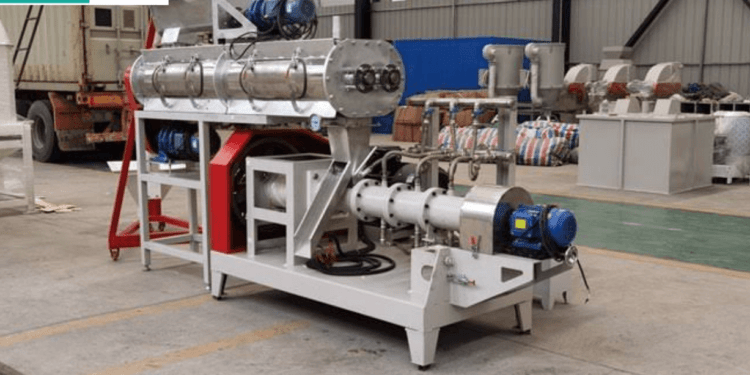The Nigerian government, through the Ministry of Marine and Blue Economy, has committed a significant portion of its 2025 budget towards developing the local fish farming industry. A sum of N207.3 million has been earmarked for the establishment of fish feed mills across all six geopolitical zones of the country. This initiative is designed to provide local fish farmers with the necessary infrastructure to produce affordable fish feed, a major expense that often hampers the growth of the industry.
The rising cost of fish feed has been one of the most significant challenges facing Nigeria’s fish farming sector. Fish farmers often find it difficult to sustain their operations due to the exorbitant prices of imported feed. The government’s new budget proposal aims to reduce reliance on costly imports by promoting local production of fish feed. This effort is expected to ease financial burdens on fish farmers and create a more sustainable and profitable environment for local fish farming.
In addition to the fish feed mills, the federal government has allocated N151 million for the development of post-harvest infrastructure. This part of the budget is dedicated to addressing the issue of waste in fisheries and aquaculture. By improving infrastructure for handling and processing fish, the government hopes to enhance the overall productivity of the industry and reduce post-harvest losses, which are significant in a country where fish is an important source of protein.
To further support the Ministry of Marine and Blue Economy, the government has allocated funds for alternative energy solutions. N185 million has been designated for the installation of solar panels and inverters, which will provide a reliable source of power to the ministry’s facilities. This move is in line with the government’s commitment to promoting renewable energy and ensuring the uninterrupted functioning of key sectors like fisheries.
However, industry stakeholders, particularly the Fisheries Cooperative Federation of Nigeria, have expressed cautious optimism about the initiative. While the National President of the Federation, Muhammad Laminu, lauded the government’s commitment, he raised concerns about the execution of the plan. Laminu emphasized that successful implementation of the fish feed mills project would require careful management, sustainable practices, and collaboration with local fish farmers.


































